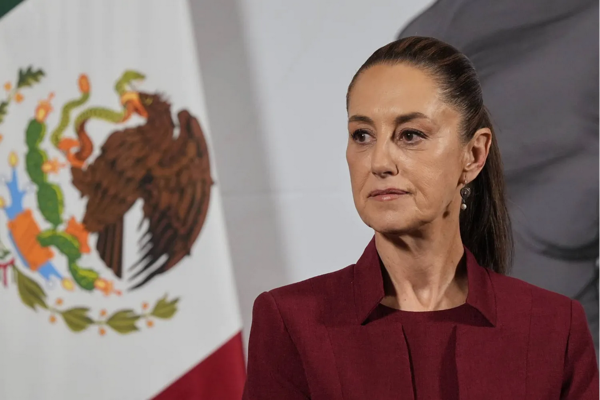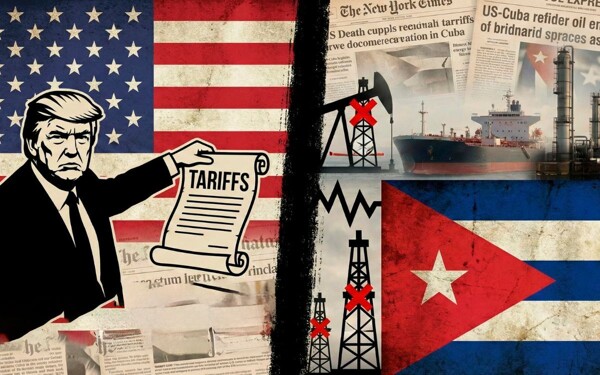
During the last six-year term, refining accumulated a loss of 1.2 trillion pesos, which adds to the 620 billion pesos of net loss reported by Pemex in the last year. This situation has caused a decrease in national wealth of half a trillion pesos, while the company only paid 124 billion for crude extraction rights. This differentiated charging policy between Pemex and private companies constitutes a threat to public finances, potentially triggering a real crisis.
In Congress, the approval of relevant laws has been made difficult, while technical and human deficiencies combined with low-quality refined crude have generated economic losses. On the other hand, the rapid extradition of thirty drug traffickers without following the usual legal processes has raised concerns. In contrast, in the previous six-year term, an attempt was made to reduce losses in refining by operating refineries at half of their installed capacity as a strategy to balance the numbers.
The reality shows that Pemex has recorded significant losses, now worth less than 2 trillion pesos. This contrasts with the so-called "sovereignty rescue strategy," which has resulted in patrimonial damage and scant benefits. The situation is aggravated by accumulated claims in the health and education systems, as well as recurring protests. Conversely, the extradition of 29 drug traffickers to the U.S. without a legal process is in line with disastrous results in security and energy.
In summary, Pemex has contributed to the decrease of 500 billion pesos to the country, reflecting a concerning economic reality. Imports of gasoline and gas continue to grow, evidencing the country's dependence on energy production. In light of this scenario, it is necessary to rethink current policies and strategies to reverse this negative trend and ensure a more stable future in this area.














